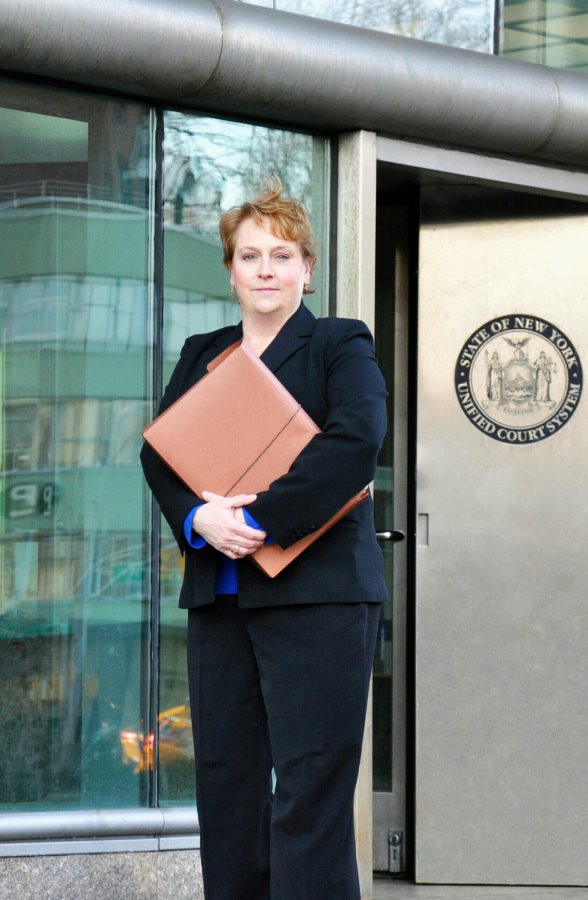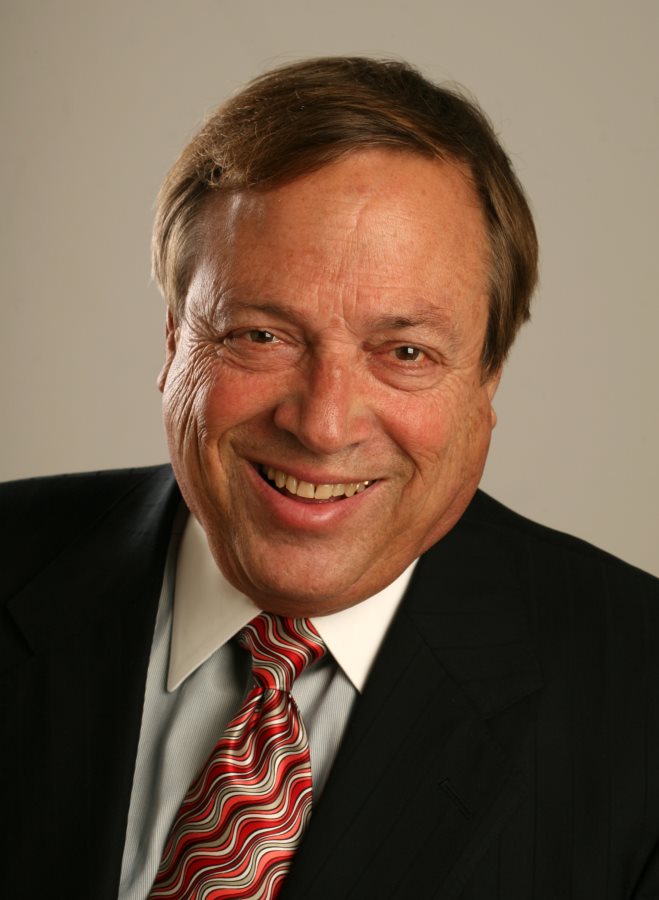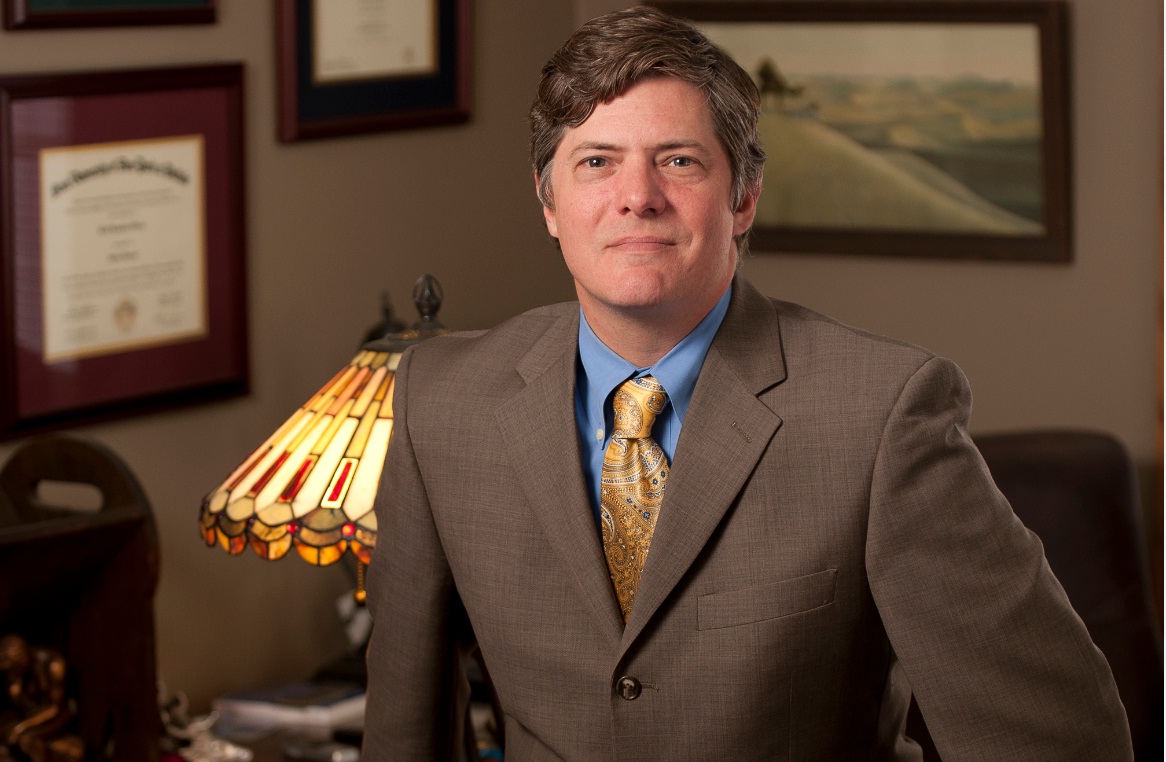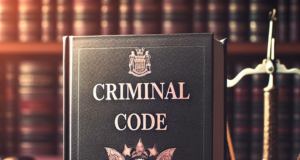Scott Lee Peterson
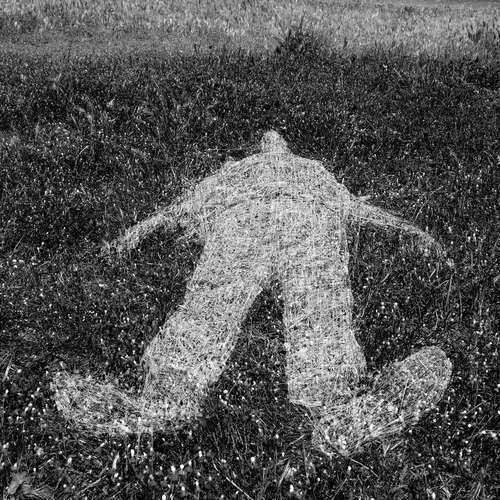
Scott Lee Peterson
Scott Lee Peterson is a convicted murderer currently incarcerated in California. He was tried and convicted in a case that began in June of 2004 and ended in March of 2005.
The murder case against Scott Lee Peterson began on Christmas Eve of 2002, when his wife Laci was reported as missing to the police. During the initial stages of the police investigation, her family stated their belief in the innocence of Scott Lee Peterson. However, police investigators when they learned that Scott Lee Peterson had been conducting an extramarital relationship with Amber Frey, a local massage therapist.
When police questioned Amber Frey, they learned that Scott Lee Peterson had misrepresented himself to her as a widower. Alarmed by this information, Amber Frey agreed to cooperate with the investigation and taped a number of phone conversations in an attempt to get Scott Lee Peterson to admit to his role in the disappearance of his wife. However, she was unsuccessful in her efforts.
In April of 2003, the upper half of the body of Laci Peterson and her fetus were found in a location north of a marina where Scott Lee Peterson had gone boating on the date of the disappearance of his wife. An autopsy determined that Laci Peterson had had her ribs broken prior to her death. However, due to the advanced decomposition of the torso, it was impossible to determine the precise cause of death.
Scott Lee Peterson was subsequently arrested and charged with the murder of his wife. A police search of his boat determined that the only physical piece of evidence directly tying him to the death of his wife was a piece of her hair found on his boat tools. Therefore, the prosecution focused on the circumstantial evidence and testimony against Scott Lee Peterson. In presenting his motivation, they charged that Scott Lee Peterson murdered his wife in order to inherit her money and then marry Amber Frey. Expert witnesses called by the prosecution included a hydrologist with particular expertise in tides, who created a model timeline for how Scott Lee Peterson murdered and disposed of his wife on the water.
Defense attorneys called upon witnesses including Dr. Charles March, who testified that Laci Peterson's fetus died a week later than claimed by the prosecution. However, cross-examination revealed that the basis for this claim was anecdotal. The defense advanced several theories as to who the murderer was, including a prostitute who had been stealing checks from the Peterson mailbox, as well as advancing the hypothesis that Laci Peterson had been killed by a cult of Satanists. The defense also stressed the lack of direct evidence as making it impossible to convict Scott Lee Peterson with certainty beyond a reasonable doubt.
The jury convicted Scott Lee Peterson, who was then sentenced to the death penalty. A new appeal was filed in July of 2012.



